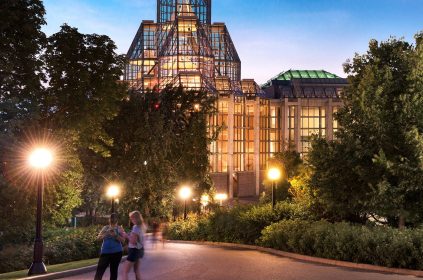REGINA — An experienced defence lawyer says a Saskatchewan judge’s attendance at an Indigenous demonstration after he ruled on it could expose the court to potential allegations of bias.
Michael Spratt says it’s unusual for a judge to have contact with one of the parties that either could end up before them, or has already.
Court of Queen’s Bench Justice Graeme Mitchell appeared Sunday at a closing ceremony for a young Metis man whom he ruled was allowed to stay on the provincial legislature’s lawn to finish a hunger strike over suicide rates.
Mitchell dismissed the government’s bid to remove Tristen Durocher’s teepee and found the bylaws that prohibit overnight camping on the grounds infringed on his charter rights as an Indigenous man.
During his stop at Durocher’s camp, Mitchell spoke to him and accepted a Metis sash presented by a supporter.
While issues of reconciliation are important and judges are trained to put their personal views aside before making decisions, Spratt says Mitchell’s attendance at the camp could serve as grounds for an appeal by the province.
“These actions, although potentially not inappropriate, may leave the court open to allegations of bias or an appearance of bias,” the Ottawa-based lawyer said in a phone interview.
“If this was not an Indigenous issue, but if this was a police violence issue and the judge went to a pro-police march after, or if it was a criminal case that dealt with an allegation of sexual assault and the judge went to a #MeToo conference and spoke with the complainant after, would we be as comfortable in those cases?”
The Saskatchewan branch of the Canadian Bar Association declined comment, saying the issue is still before the courts.
Mitchell released his decision last Friday because Durocher’s fast was concluding. He told court he would release a longer ruling later.
This report by The Canadian Press was first published Sept. 14, 2020.
Stephanie Taylor, The Canadian Press














